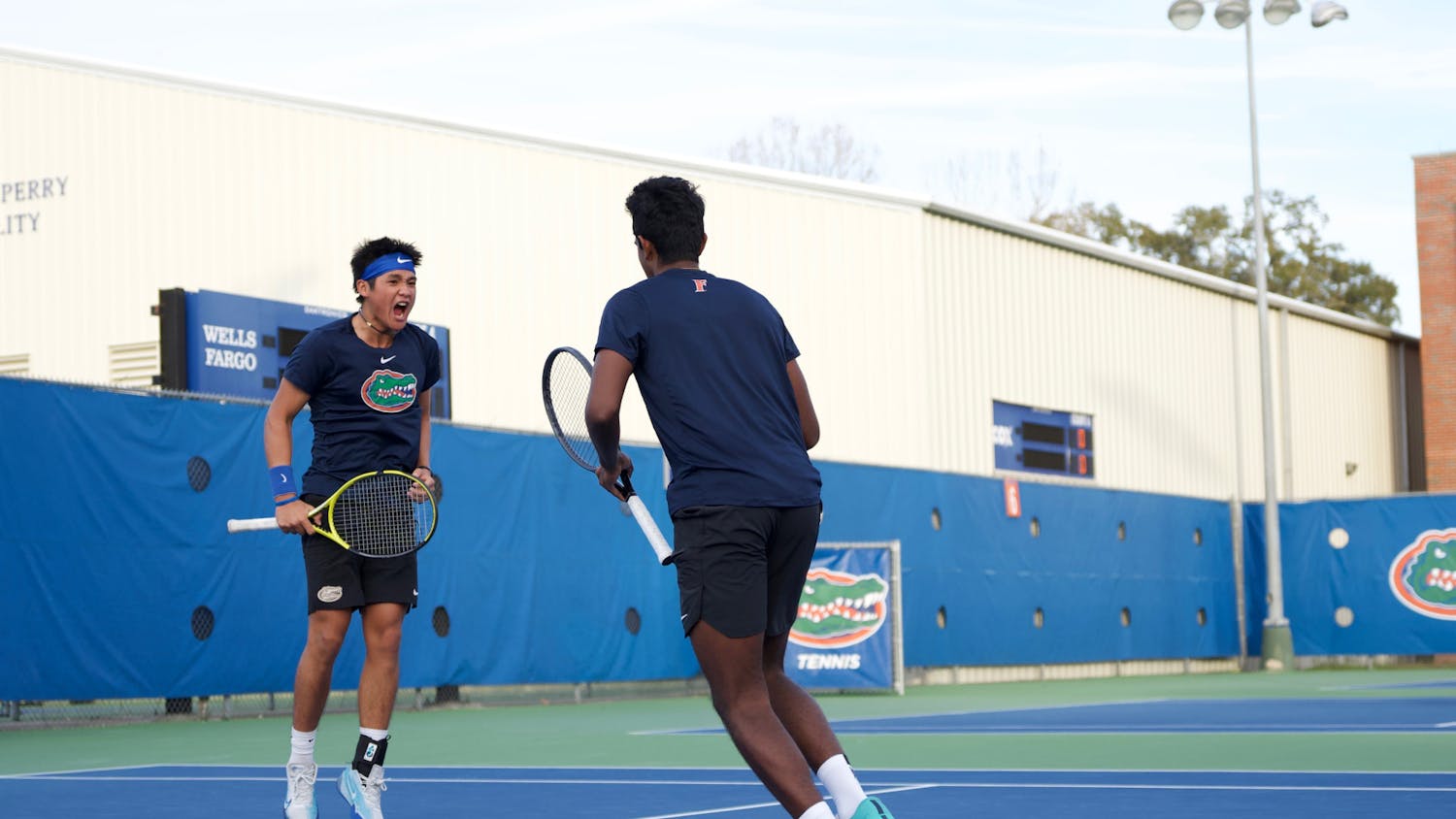The version of the herpes virus that can result in cold sores and blindness might have a cure, thanks to UF researchers who have been seeking a healing method since 2000.
UF researchers have developed a special enzyme that blocks the herpes virus from replicating.
The HSV-1 strand of herpes is the leading cause of infectious blindness in the United States, according to David Bloom, a virologist at the UF College of Medicine and the research team's leader.
"The data is very encouraging so far," Bloom said. "It has worked better than I had imagined."
The designed RNA enzymes, called hammerhead ribozymes, cleave off strains of the herpes virus to prevent replication, according to UF's research report published in the Journal of Virology at www.jvi.asm.org in August. The enzyme disables a gene that releases a protein to start replication of the herpes virus, causing it to spread and cause eye infections, scarring as well as genital and cold sores.
Genital herpes has not been treated yet by the findings, Bloom said. Current treatments keep the virus in check but cannot fully destroy it, said Arthur Lewin, a molecular geneticist on the research team.
The new medication hasn't been tested on people, Lewin said, adding the team hopes to run clinical trials on adults in at least a year.
Currently, mice and rabbits are used for testing. Lewin said the team hopes to turn the findings into a cure via a topical cream applied weekly to prevent outbreaks.
He said future research is in the works to see if the findings will cure genital herpes.
Despite competing with researchers working on the same issue, Lewin said coming in first is less important than finding a cure.
"It is not just about the research but about training scientists," he said.
UF's team has founded the sole existing solution to eradicate HSV-1.
Lewin said the team's budget was smaller than normal, only amounting to hundreds of thousands of dollars over the years. The research team, which also includes an ophthalmologist and a doctor of obstetrics and gynecology, gets its funding from the University of Florida Office of Translational Research along with The Burroughs Welcome Fund and Research to Prevent Blindness.
Bloom said the widely applicable nature of the research drew enough funding.
"They saw it has potential for commercial use," he said.
If the project gets approved to start clinical testing on humans, he said, the budget will move to the millions. The team has already had people step forward with grant money as well as to volunteer for the trial.
"People are anxious for something better," Bloom said.





